Free Georgia Sop Template in PDF
Understanding the intricacies of legal forms is essential for anyone navigating through various legal procedures or requirements, and the Georgia Statement of Position (SOP) form is no exception. This document plays a pivotal role in various legal and administrative processes within the state of Georgia, serving as a formal declaration by a party outlining their stance or perspective on a particular issue. The SOP is most commonly used in disputes, legal proceedings, or any situation where it’s crucial to clearly state one's position on a matter at hand. It provides a structured way for individuals or entities to present their arguments, evidence, or information relevant to their position, thereby aiding in the resolution of disputes or decision-making processes. Considering the importance of accuracy and clarity in legal documentation, the Georgia SOP form must be completed with careful attention to detail and a clear understanding of the legal implications of the statements made within. This form not only serves as a critical tool in asserting one's rights or defenses but also plays a significant role in the efficient functioning of the legal system by facilitating clearer communication and understanding among parties involved.
Form Sample
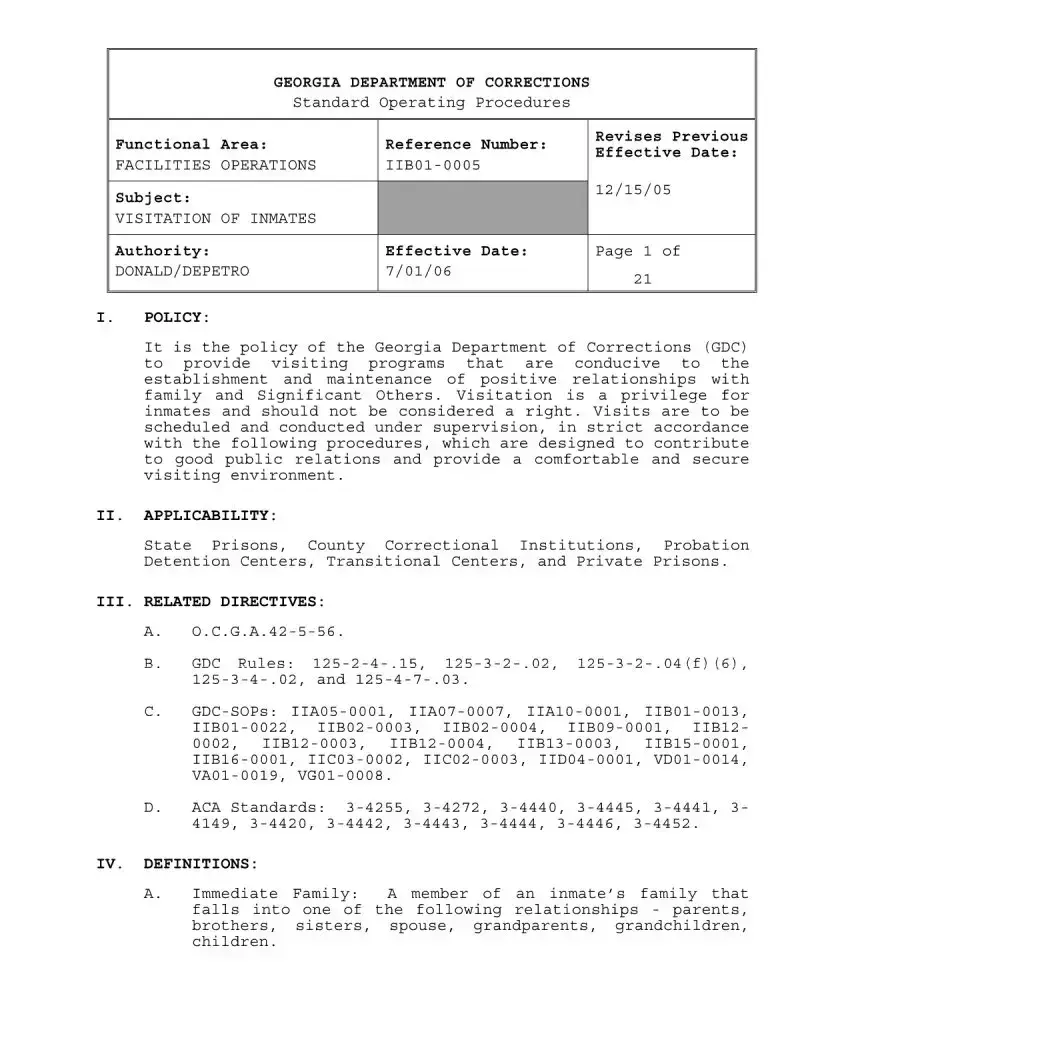
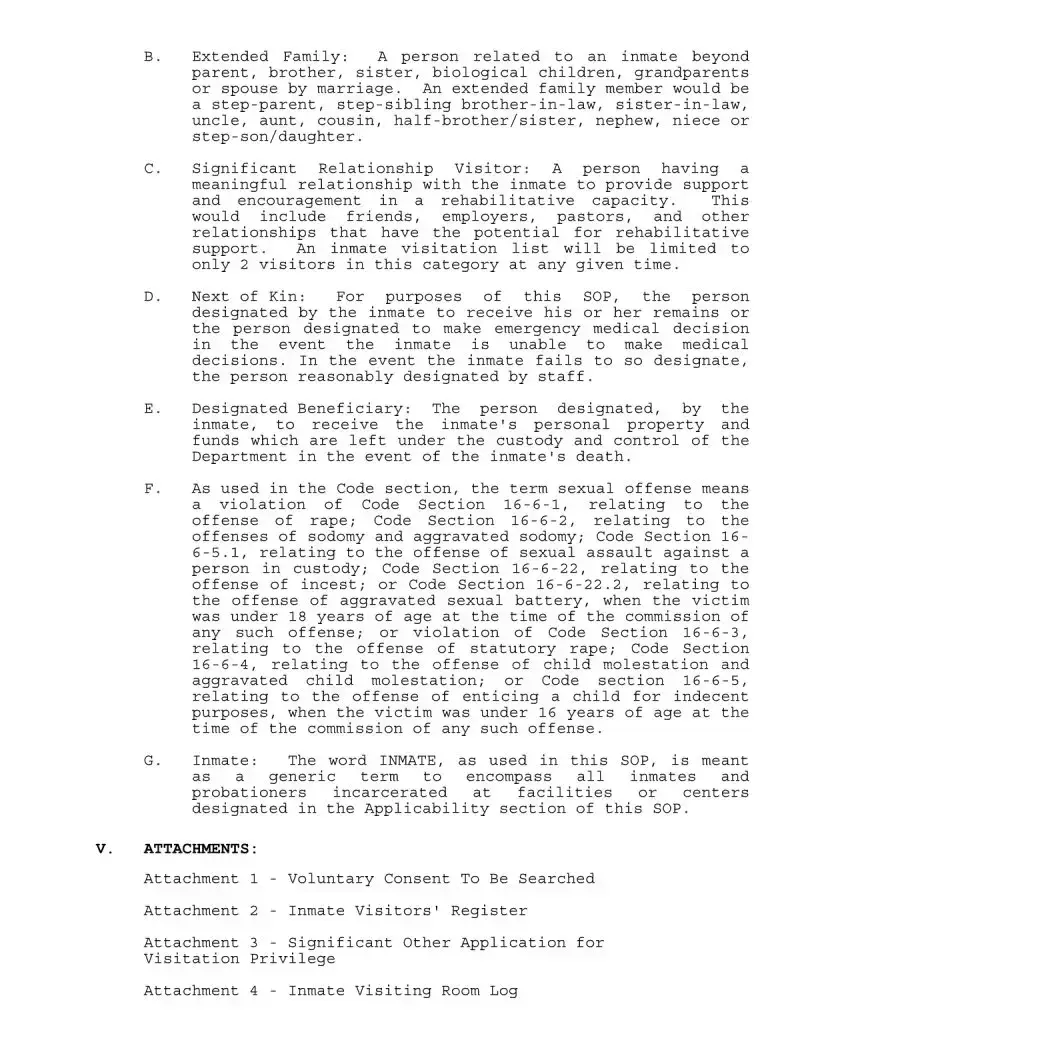
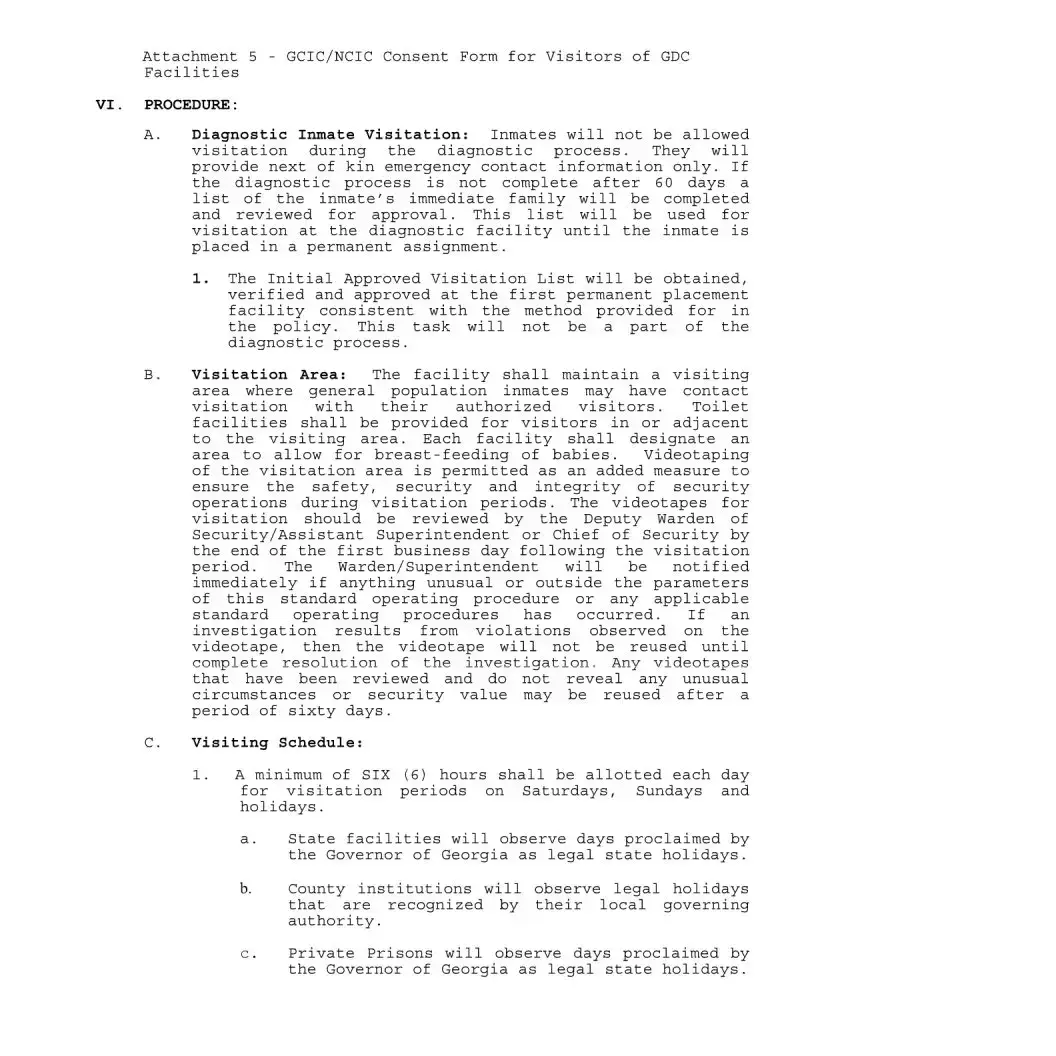
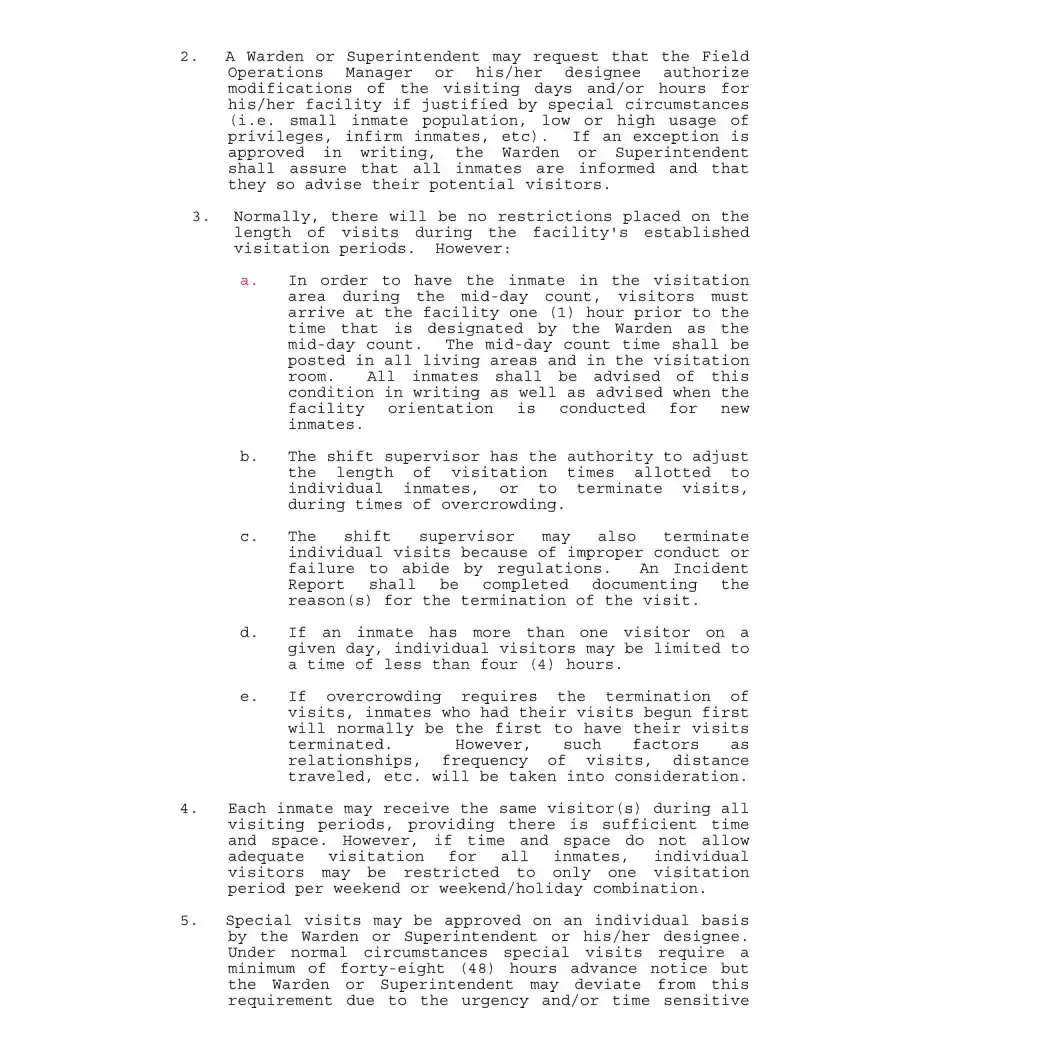
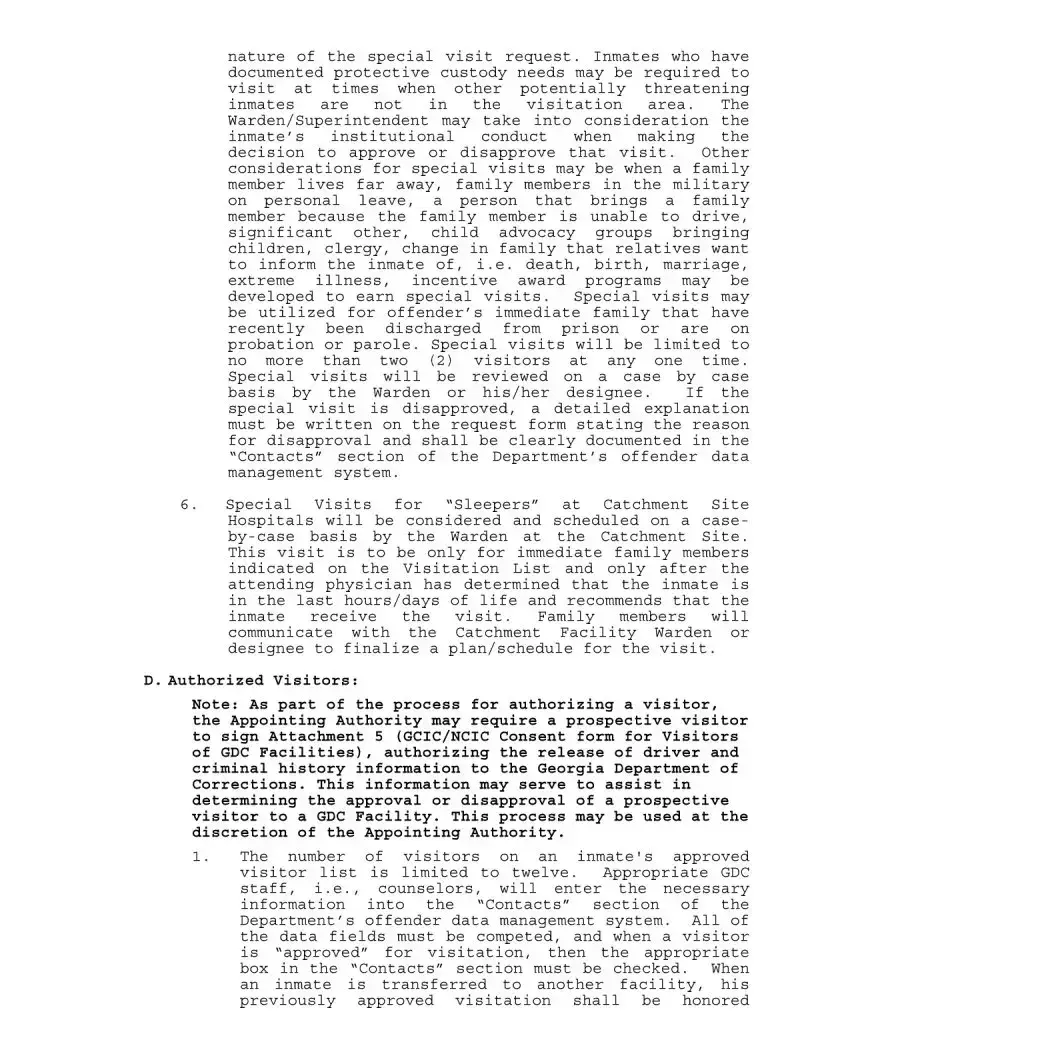
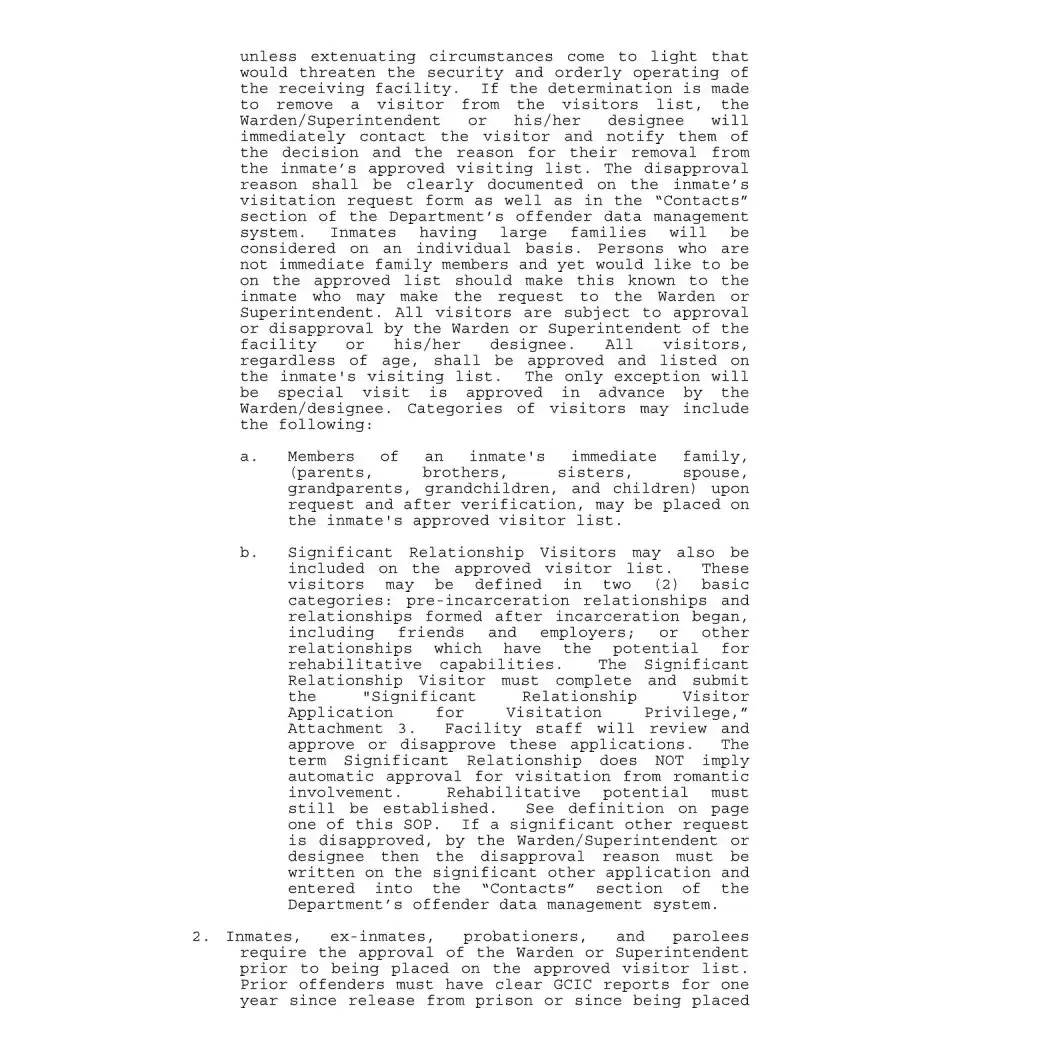
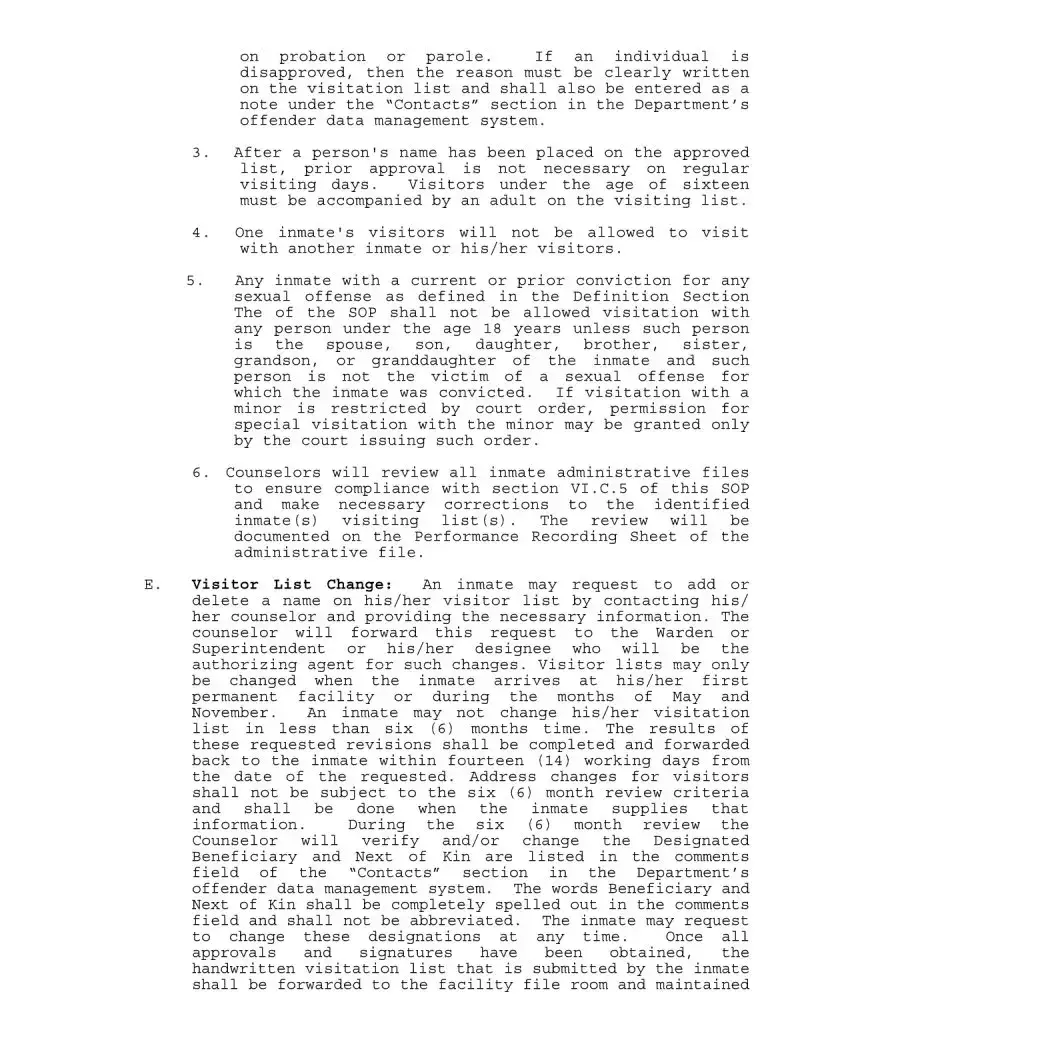
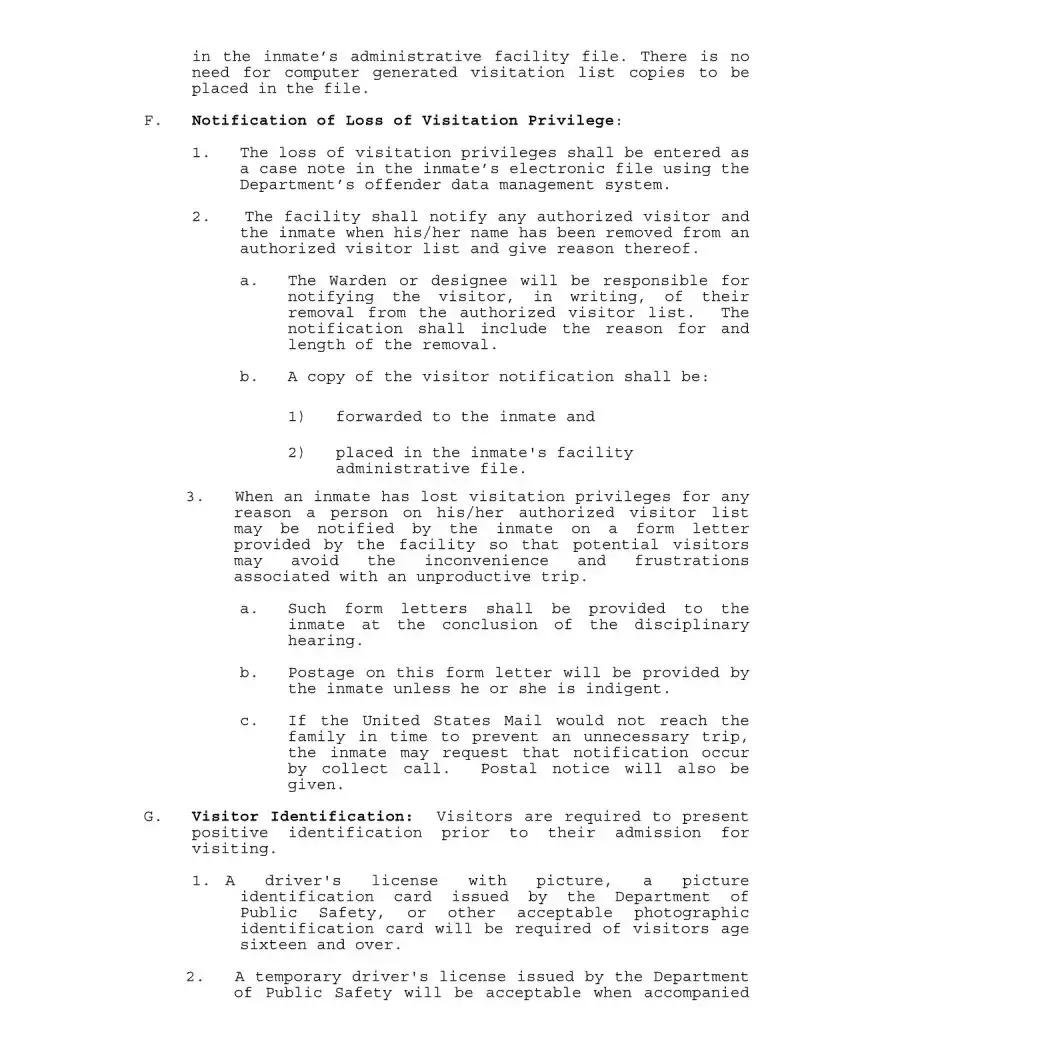
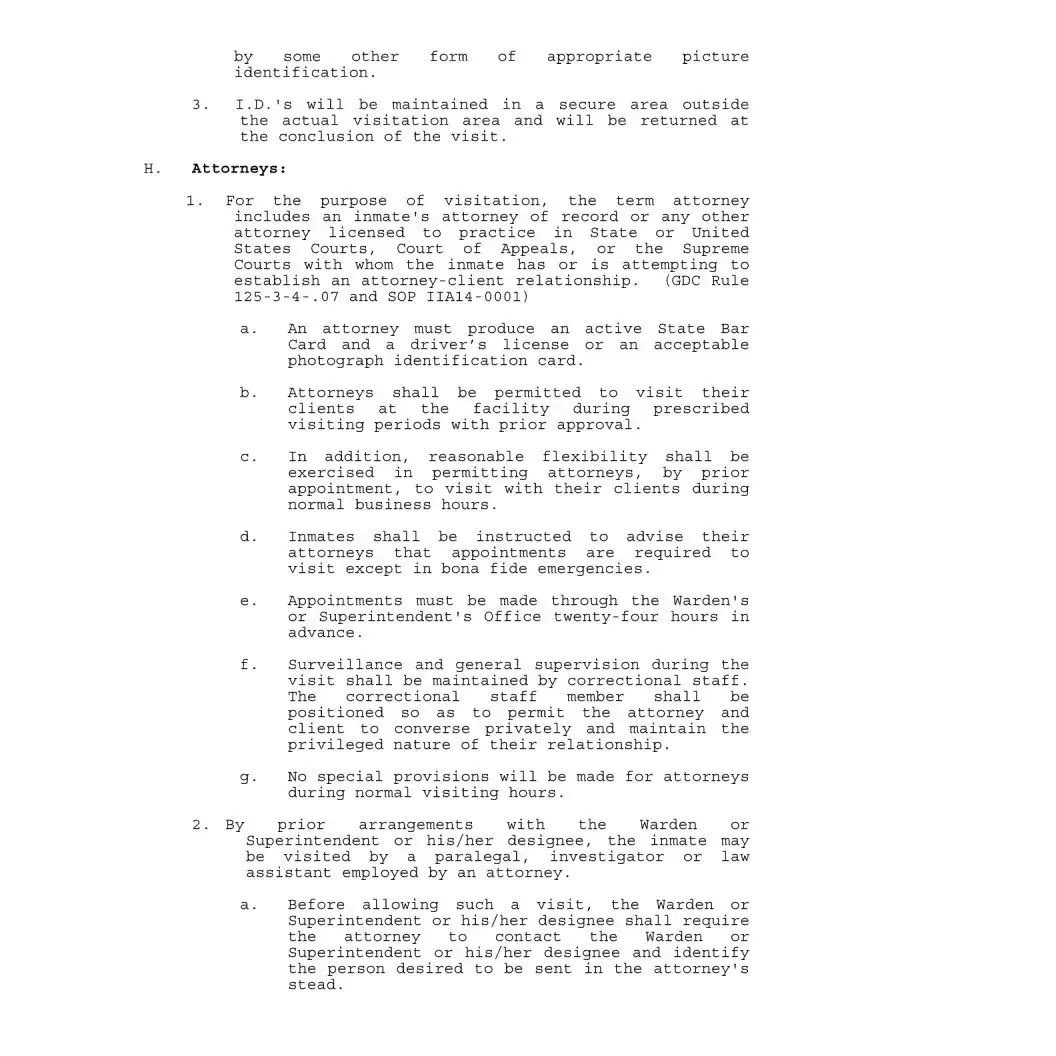
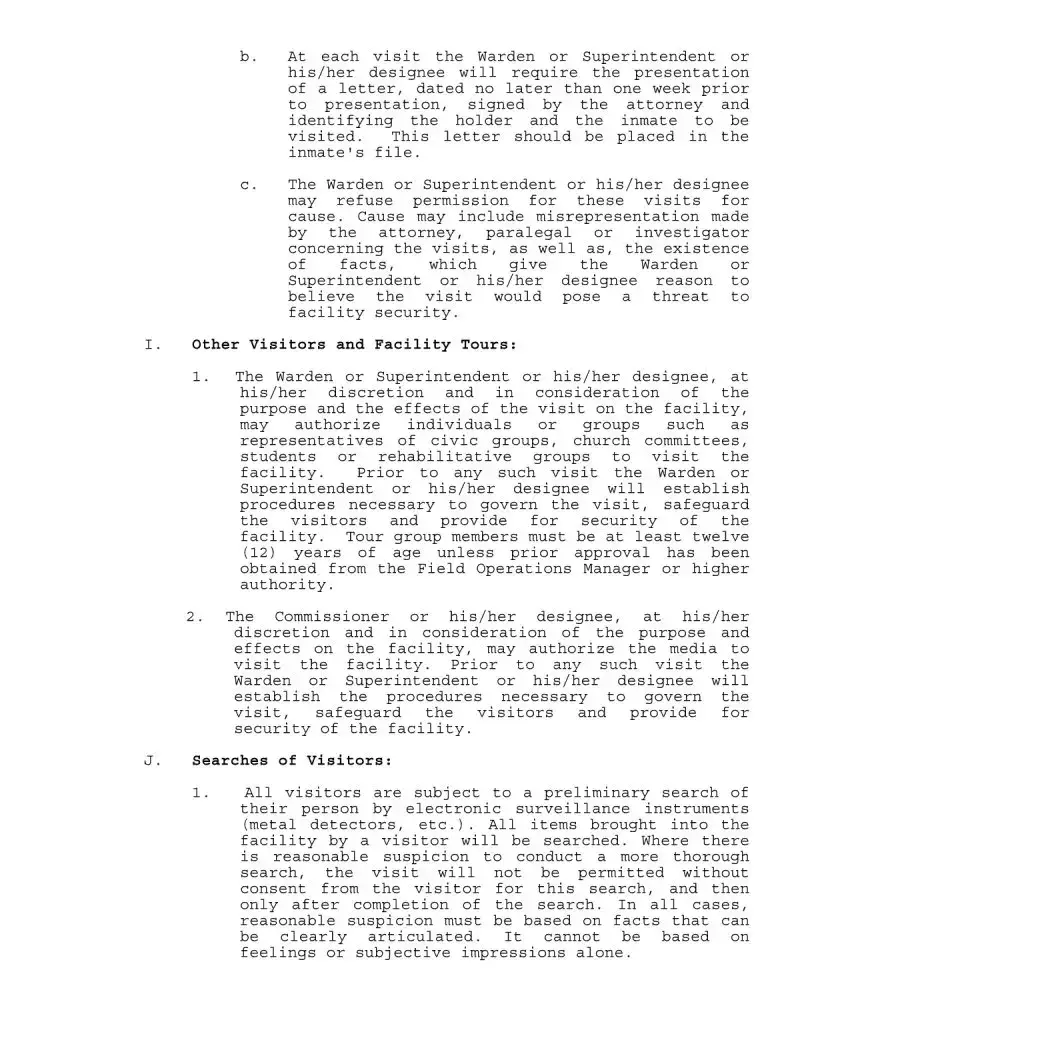
File Overview
| Fact Number | Detail |
|---|---|
| 1 | The Georgia SOP form refers to the State of Georgia's Statement of Purpose form, required for certain legal processes. |
| 2 | This form is often used by businesses to provide a clear definition of their objectives and operations within the state. |
| 3 | The SOP form is mandated by the Georgia Business Corporation Code, particularly for corporations looking to operate in Georgia. |
| 4 | It serves as a foundational document that outlines the business's intent, scope of operations, and adherence to state laws. |
| 5 | Completion and submission of the SOP form are prerequisites for receiving certain state approvals and licenses. |
| 6 | The form requires information about the business's legal name, principal office address, and the nature of the business. |
| 7 | Filing the SOP form is a critical step for a corporation or LLC to maintain compliance with Georgia state regulations. |
| 8 | Depending on the specific requirements, the form may need to be filed with the Georgia Secretary of State's office. |
| 9 | Electronic and paper filing options are available, but preferences and guidelines can vary by the type of business and its needs. |
| 10 | Failure to accurately complete or timely submit the SOP form can result in penalties, including fines or administrative dissolution. |
Guide to Using Georgia Sop
Once you've decided to proceed with your intended actions in Georgia, filling out the Statement of Purpose (SOP) form is a crucial step. This form is a foundational document that communicates your intent clearly and is required for various proceedings. The process of completing the form involves providing detailed information in specific fields to ensure that your objectives are understood and processed correctly. Below, you will find a simplified guide to assist you with each step, ensuring that you can complete the form accurately and efficiently.
- Begin by entering your full legal name at the top of the form. This should match the name on your official identification documents.
- Next, provide your current residential address. Include the street name and number, city, state, and zip code to ensure that all correspondence can reach you promptly.
- In the section marked for contact information, fill in your primary telephone number and an alternate number if available. Add your email address to ensure you can be contacted through multiple channels.
- The form requires a detailed statement of your intentions. In the space provided, describe the purpose of your application, being as clear and concise as possible. Use additional sheets if necessary, ensuring they are securely attached to the SOP form.
- If applicable, list any supporting documents you are submitting along with the SOP form. Clearly label each document for easy reference.
- Review the form thoroughly before signing. By signing the form, you are confirming that the information provided is accurate and complete to the best of your knowledge.
- Date the form at the bottom. The date should be the day you complete and sign the SOP, ensuring all information is current and up-to-date.
After the form is filled out completely, it marks the beginning of your journey towards achieving your objectives in Georgia. The SOP form, along with any necessary attachments, should be submitted according to the instructions provided. This submission is a significant step forward, as it formally begins the process required for your intentions to be recognized and acted upon. Ensuring that the form is correctly completed and submitted promptly will aid in avoiding any unnecessary delays.
Obtain Clarifications on Georgia Sop
-
What is the Georgia SOP Form?
The Georgia SOP (Statement of Purpose) form is a document utilized by individuals or entities when they need to succinctly state their intentions or objectives for performing a certain task or operation within the Georgia jurisdiction. It's often required in legal, educational, or regulatory contexts to ensure clarity of purpose and compliance with local laws and regulations.
-
Who needs to fill out a Georgia SOP Form?
Typically, individuals, businesses, or organizations planning to undertake activities that require explicit permission or recognition by a state department or regulatory body in Georgia might be required to fill out this form. This includes, but is not limited to, new business registrations, educational program proposals, or any operation that could impact the public or the environment.
-
Where can I find the Georgia SOP Form?
The form is usually accessible through the official website of the Georgia state department or agency overseeing the specific activity requiring the SOP. Physical copies may also be available at the respective department’s office. For business-related SOPs, checking the Georgia Secretary of State’s website is a good starting point.
-
What information is required to complete the SOP Form?
Filling out the SOP form typically requires detailed information about the applicant, including name, address, and contact details, along with a comprehensive statement of purpose. This statement should clearly outline the intended activities, the rationale behind them, and how they will comply with relevant Georgia laws and regulations.
-
How do I submit the Georgia SOP Form?
Submission procedures can vary depending on the department or agency the form is associated with. In many cases, the SOP form can be submitted online through the department's website. Alternatively, it may need to be mailed or hand-delivered to the appropriate state office. It’s important to follow the specific submission guidelines provided with the form to ensure it is processed efficiently.
-
Is there a fee to submit the Georgia SOP Form?
Whether a fee is required depends on the nature of the application and the department handling it. Some SOP submissions might be free, while others could involve a fee. It's advisable to check with the specific department or refer to the form's instructions for any associated costs.
-
What happens after the Georgia SOP Form is submitted?
After submitting the SOP form, it will be reviewed by the appropriate Georgia state department or agency. The review process times can vary depending on the complexity of the statement and the current workload of the reviewing body. Applicants can usually expect a confirmation receipt upon submission and further communication regarding the approval process, additional requirements, or next steps.
Common mistakes
When filling out the Georgia Statement of Purpose (SOP) form, many individuals encounter common pitfalls that may lead to potential delays or the rejection of their application. Recognizing these mistakes can streamline the process and increase the chances of approval.
- Not reading the instructions thoroughly - The SOP form comes with specific guidelines that require careful attention. Failing to follow these instructions can result in incorrectly filled out forms.
- Leaving sections blank - Every question on the form is there for a reason. Leaving sections incomplete suggests a lack of attention to detail or missing information, leading to processing delays or queries.
- Using incorrect dates - Dates must be accurate and formatted correctly. Inconsistencies or errors in dates can raise questions about the reliability of the information provided.
- Ignoring signature and date fields - Not signing or dating the form is a common oversight that invalidates the document. A signature certifies that the information is true and accurate to the best of the applicant's knowledge.
- Misunderstanding terminology - Terms used in legal documents can be complex. Misinterpreting these terms can lead to incorrect answers. If uncertain, seeking clarification is advisable.
- Overlooking the need for additional documents - The SOP often requires supplementary documentation. Neglecting to attach necessary documents can cause incomplete applications.
- Submitting outdated forms - Using an outdated version of the SOP form can lead to automatic rejection, as forms are periodically updated to reflect current laws and requirements.
- Not checking for spelling and grammatical errors - While minor errors may not impact the substance of your application, they can detract from the overall impression, suggesting a lack of diligence.
Successfully navigating the completion of the Georgia SOP form involves careful reading, attention to detail, and adherence to the provided instructions. Avoiding these common mistakes not only saves time but also ensures a smoother application process.
Documents used along the form
Completing the Georgia Statement of Purpose (SOP) form is an essential step for various legal and procedural matters in the state. It is often accompanied by additional forms and documents that support or are required for the process at hand. Understanding these additional documents can help ensure that all necessary paperwork is correctly prepared and submitted, facilitating a smoother process.
- Proof of Residency: This document verifies the individual's address within the state, such as a utility bill or lease agreement. It's crucial for processes where eligibility depends on one's residency status.
- Government-Issued Identification: A copy of a photo ID, like a driver's license or passport, is often required to confirm the identity of the individual submitting the form. This step helps prevent identity theft and fraud.
- Legal Representation Authorization: If the individual has legal representation, a form granting this authorization is needed. This document specifies who is allowed to make decisions and take actions on behalf of someone else.
- Financial Disclosures: Certain procedures require detailed financial information to assess eligibility or compliance. This could include income verification, assets listing, and liabilities.
- Supporting Evidence or Documentation: Depending on the specific procedure or application, various forms of supporting evidence may be necessary, such as letters of recommendation, medical records, or proof of qualifications.
Accurately completing and compiling these documents, alongside the Georgia SOP form, is paramount for a successful submission. Each document plays its role in painting a comprehensive picture of the individual's situation, ensuring that evaluators have all the information needed to make an informed decision. Should there be any questions or concerns about these forms, it’s advisable to consult with a professional knowledgeable in Georgia's specific requirements.
Similar forms
In the realm of legal documents, the Georgia Statement of Purpose (SOP) form is a crucial piece of the puzzle, especially in real estate transactions. However, it shares similarities with several other legal documents, each serving its unique function yet paralleling the SOP form in structure, intent, or requirements. Here's a look at six such documents:
- Power of Attorney (POA): Similar to the Georgia SOP, a Power of Attorney document allows an individual, known as the principal, to designate another person, the agent, to make decisions on their behalf. While the SOP outlines the specific intentions for a real estate transaction, a POA can be broad or limited in scope, granting the agent power to act in financial, health, or other personal matters.
- Will: A Will, much like the SOP, is a forward-looking document, detailing an individual's wishes for the distribution of their estate upon their passing. Both documents serve as declarations of intent, ensuring the individual's directions are followed, whether in disposing of personal property or managing real estate assets.
- Living Trust: This legal document, similar to the SOP, provides specific instructions for managing an individual's assets. A Living Trust goes into effect during the individual’s lifetime and, like an SOP, can specify conditions related to the handling of assets, including real estate, with an emphasis on avoiding probate upon death.
- Corporate Bylaws: Corporate Bylaws set forth the rules and responsibilities of a corporation's directors and officers, much in the way an SOP specifies the purposes and terms of a real estate transaction. Both documents outline the framework within which decisions are made and actions are approved, ensuring clarity and order in the execution of their respective duties and dealings.
- Lease Agreements: A Lease Agreement, similar to the SOP, is a contract between two parties, the lessor and the lessee. It delineates the terms under which the lessee can use the property owned by the lessor. The focus on property and the stipulation of terms make it akin to an SOP, albeit for the purpose of renting rather than buying or selling.
- Deed of Trust: Often used in real estate transactions, a Deed of Trust involves three parties – the borrower, the lender, and the trustee – and acts as an assurance for repaying a loan used to purchase property. It shares with the SOP the essence of outlining specific intentions and actions regarding real estate, ensuring all parties are aware of their roles and responsibilities in the transaction.
Understanding the nuances of these documents and how they compare to the Georgia SOP can provide individuals with a broader perspective on legal proceedings and the documentation required in various contexts, especially those pertaining to real estate. While each document serves a particular function, their commonality lies in their aim to clarify intentions, outline specific terms, and ensure that agreements are legally binding and enforceable.
Dos and Don'ts
Completing the Georgia SOP form is an essential process that should be approached with diligence and attention to detail. Here are key dos and don'ts to guide you through the process:
Things You Should Do:
- Review the entire form before starting to fill it out to ensure you understand all the requirements.
- Use black ink or type your responses if the form allows, to ensure legibility.
- Provide complete and accurate information in every section to avoid delays or issues with processing.
- Sign and date the form in the designated areas to validate its contents.
- Keep a copy of the filled-out form for your records to have a reference in case of any discrepancies.
- Check for specific submission instructions, like whether it needs to be notarized or if electronic signatures are accepted.
- Contact a professional if you encounter questions or concerns, ensuring the form is completed correctly.
Things You Shouldn't Do:
- Don't leave any fields blank; write 'N/A' if a section does not apply to ensure the form is considered complete.
- Don't use pencil or non-standard writing tools that might smear or fade, making the document hard to read.
- Don't provide falsified or misleading information, as this can lead to legal consequences.
- Don't forget to check if any supplemental documents need to be attached before submission.
- Don't neglect to review your form for errors or omissions, as mistakes can lead to processing delays.
- Don't disregard the given deadlines for submission, as late submissions may not be accepted.
- Don't hesitate to ask for help if you're unsure about how to fill out any part of the form accurately.
Misconceptions
The Georgia Statement of Purpose (SOP) form is a document often discussed in various contexts, including business registrations and legal filings. Surrounding this document, several misconceptions have emerged. It is crucial to address these misunderstandings to ensure accurate and compliant use of the SOP form in Georgia.
Misconception 1: The SOP Form Is Only for New Businesses
Many people believe that the Georgia SOP form is exclusively for new businesses. However, this form is not limited to startups. Established businesses may need to file an SOP form when undergoing significant changes, such as restructuring or altering their business model. The form's purpose extends beyond initial registration, serving as a tool for updating crucial information with the state.Misconception 2: Filing the SOP Form Completes Your Legal Obligations
Another common misunderstanding is that once the SOP form is filed, a business has fulfilled all its legal requirements. This is not the case. Filing the SOP is a step in compliance, but businesses must adhere to other requirements, such as obtaining necessary permits, licenses, and keeping up with annual registrations. Compliance is an ongoing process, not a one-time event.Misconception 3: The SOP Form Is the Same as the Articles of Incorporation
Confusion often arises between the SOP form and the Articles of Incorporation. While both are essential documents for businesses, they serve different purposes. The Articles of Incorporation establish the legal existence of a corporation and include basic details about the business. In contrast, the SOP form is used to declare a specific business's purpose and outline operational aspects. Mixing up the two can lead to misunderstanding legal requirements.Misconception 4: You Can Only File the SOP Form by Mail
Many assume that the SOP form must be filed by mail. Today, technological advances have made electronic filing (e-filing) an option for most business-related forms in Georgia. E-filing is not only convenient but also faster, ensuring that the form is processed promptly. This misconception may delay the filing process unnecessarily for businesses that are not aware of their electronic options.Misconception 5: Errors on the SOP Form Cannot Be Corrected
It's a common belief that once the SOP form has been filed, any errors are permanent. This is not true. Mistakes on the SOP form can often be corrected through an amendment process. Filing an amended SOP form allows businesses to correct previously submitted information, ensuring accuracy in official records. Knowing this can save businesses from unnecessary worries about permanent errors.
Understanding and clarifying these misconceptions about the Georgia SOP form is essential for businesses to navigate their legal responsibilities effectively. Accurate information ensures that companies remain compliant with state regulations, avoiding potential legal complications.
Key takeaways
The Georgia Statement of Place (SOP) form is an important document for entities doing business within the state. It serves as a formal declaration of a business's operating location or locations. Proper completion and use of this form are crucial for compliance with state regulations. Below are ten key takeaways regarding filling out and using the Georgia SOP form:
- Accuracy is key: Ensure all information provided on the form is accurate. Mistakes can lead to processing delays or legal issues.
- Current Information: The SOP form must reflect the most current information about your business’s operating addresses. If your business moves, you must update this form.
- Identify all locations: The form allows for the listing of multiple operating addresses. Include all locations where your business operates within Georgia.
- Legal requirements: Submitting an SOP form is not just procedural; it's a legal requirement for maintaining good standing within the state.
- Know the deadlines: Be aware of submission deadlines for new submissions and updates to avoid penalties.
- Keep a copy: Always keep a copy of the submitted SOP form for your records. This can be vital for resolving any disputes or misunderstandings.
- Submission method matters: Familiarize yourself with the accepted submission methods (online, mail, in-person) and choose the one that ensures timely delivery.
- Protects against fraud: Accurately filling out and submitting the SOP form helps in protecting your business against fraud by clearly establishing your business’s operating locations.
- Clarify discrepancies: If there are changes or discrepancies from previous submissions, be ready to provide explanations or additional documentation.
- Seek professional help: Consider consulting with a legal professional or a business advisor to ensure the form is filled out correctly and to understand the implications of the SOP for your business.
Popular PDF Forms
Ga Workers Compensation - When completed, it alerts the Board to new claims, requests for changes in benefits, or appeals against decisions.
Workers Compensation in Georgia - Mandatory for advancing workers' compensation claims towards a mediated settlement.
Change Name of Llc Georgia - Ensures that all government and legal requirements are satisfied during the change of vehicle ownership.